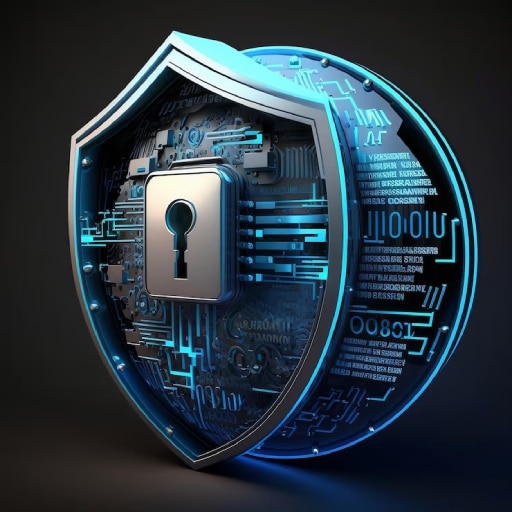
1. Use Official Images: Always use official images from trusted sources like Docker Hub. These images are regularly updated and maintained by the Docker community, ensuring they are secure and free from vulnerabilities.
2. Regularly Update Images: Keep your images up to date by regularly pulling the latest versions from the official repositories. This ensures that any security patches or bug fixes are applied to your containers.
3. Enable Image Scanning: Use a container image scanning tool to check for vulnerabilities in your images. These tools can identify any known security issues and provide recommendations for remediation.
4. Limit Privileges: Containers should run with the least privileges necessary to perform their intended tasks. Avoid running containers as root and instead use non-root users with restricted permissions.
5. Isolate Containers: Use container orchestration tools like Kubernetes to isolate containers from each other and from the host system. This prevents containers from accessing sensitive resources or compromising other containers.
6. Secure Host Environment: Ensure that the host system running Docker is properly secured. Apply regular security updates, use strong passwords, and disable unnecessary services to minimize the attack surface.
7. Use Network Segmentation: Implement network segmentation to isolate containers and control their communication with other containers and external networks. This helps prevent lateral movement and limits the impact of a potential breach.
8. Implement Access Controls: Use strong authentication and authorization mechanisms to control access to your Docker environment. Use role-based access control (RBAC) to grant permissions based on user roles and responsibilities.
9. Monitor Container Activity: Implement logging and monitoring solutions to track container activity and detect any suspicious behavior. Monitor container logs, network traffic, and system metrics to identify potential security incidents.
10. Regularly Audit and Review: Conduct regular security audits and reviews of your Docker environment to identify any potential vulnerabilities or misconfigurations. This helps ensure that your containers are always protected and up to date with the latest security practices.